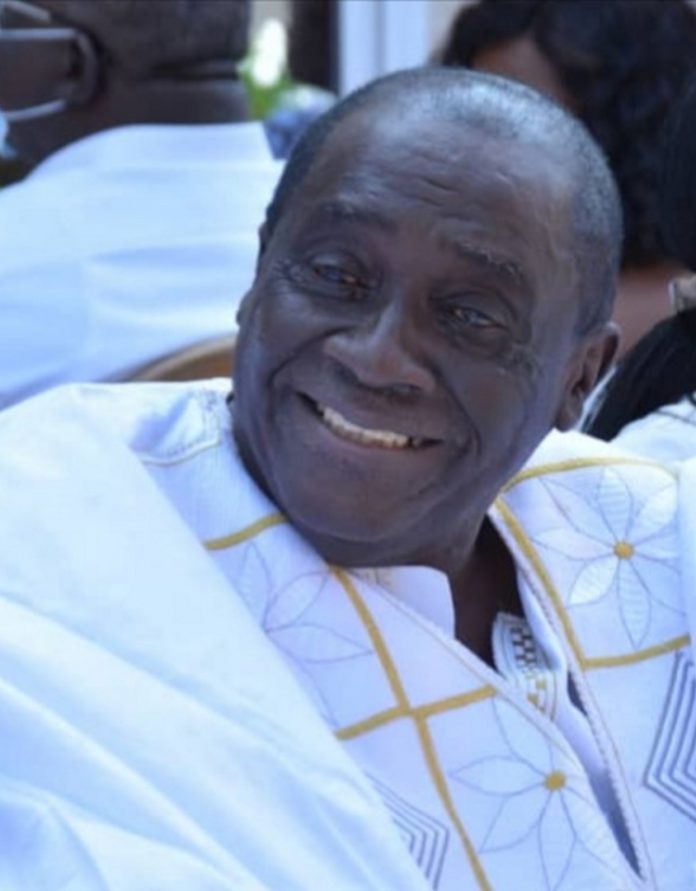A leading sports administrator, Nana Fitzgerald Barkers Woode (Nana Fitz), has called on the New Patriotic Party (NPP) and the National Democratic Congress (NDC), to find an amicable way of resolving their differences after the 2020 elections.
He said the intense rivalry for power that has reared its head after the elections should quickly be tackled and resolved with expert dispute resolution skills instead of the uncharted waters both parties are attempting to take.
Nana Fitz made the call in an interview with the Daily Graphic.
“I have experienced many regimes, right from the days of Dr Kwame Nkrumah. In those days, we witnessed a lot of political dirty fighting and intense rivalry among burgeoning political parties, but I can say with conviction that what we saw in Parliament recently looked more dangerous,” he said.
He expressed regret about the politics of insults and the use of unprintable words by representatives of political parties during radio and television discussions, press releases, saying the practice should be nipped in the bud.
Nana Fitz said the politics of mistrust and insults had the potential to escalate, for which reason Ghanaians had the responsibility to call for peace between the two leading parties to quickly manage the situation, instead of leaving it to the parties to struggle with it.
“Should something happen right now, about 85 per cent of us, including children, women, the aged and the sick, may not have the means to travel or leave the country. And where will we go in these COVID-19 days, any way?” he asked.
“In Ghana, we love peace; however, it is unfortunate things are not looking good,” he added.
ALSO READ:
Nana Fitz stressed the need for Ghanaians to continue to pride themselves in having strong governance and legal institutions capable of resolving any political dispute on the continent.
The veteran football administrator said since 1990, contested elections had become a regular fixture of the political systems of sub-Saharan Africa.
However, he said, lessons could be drawn from them, both for democracy and for best electoral practices.
“In Ghana, we were fortunate our strong belief in the legal system was called upon which reliably resolved the 2012 election dispute.
“But that reminded Ghanaians that political power is transient and political parties know for sure that four years is not very far away and, therefore, patience is required,” he said.

